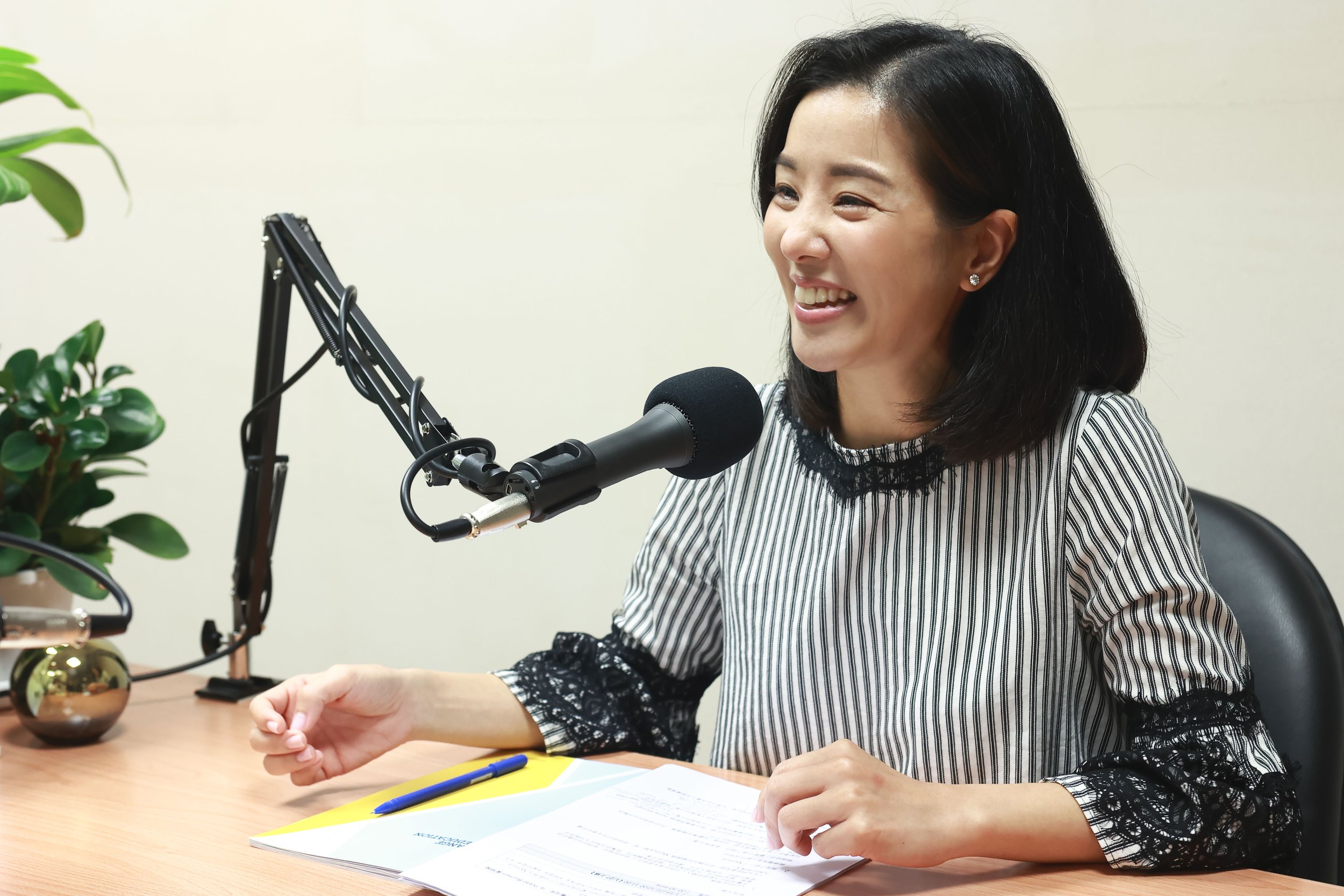With an assortment of educational tools and pedagogies at their disposal, how do educators and parents make the best choice for children?
(Photo by CDC on Unsplash)
The Montessori method stands out from other education approaches in that it provides a prepared environment for children based on their developmental needs, allowing children to learn at their own pace, both in terms of pursuing knowledge and developing empathy and interpersonal skills.
This approach echoes the 2019 objectives set forth in the Curriculum Guidelines of the 12-year compulsory education system: self-motivation, interaction, and common good.
The Montessori mixed-age classrooms, which have been implemented for over 100 years, may be just the solution for Taiwan’s current education crisis.
While appreciating Montessori’s ability to ignite each person’s innate qualities, Y2 co-founders Andy and Cynthia are inspired to start Y2 after witnessing the transformation of their own children in Montessori schools.
They first established the teacher scholarship program to provide financial support for teachers to undergo Montessori training abroad and to apply what they have learned in Taiwan’s educational environment.
However, we strongly believe that quality education should be accessible to more people, and out of this desire, the program Montessori Education in Public Schools began in 2018.
The aim is to promote Accessible Montessori through public schools, optimizing school resources to provide Montessori education to more children, and assist them in their learning and development.
During the three years of this program, Y2 has explored various methods such as supporting public schools to transition to the Montessori method, researching public policies, and providing assistance in implementation.
We have learned that, only with the coordinated efforts of the public sector, schools, and families working toward a common goal, can we provide the ideal education environment in which students can learn with peace of mind. Each of the three elements is indispensable, as each has its own share of obstacles to confront and overcome.
The first group of Montessori experimental schools will be selected in 2021 for Y2’s Public School Transition Project. This is but the first of many steps.
We are well aware that even greater challenge lies ahead—the next phase of entering the classroom. As we move forward, we grapple with issues that have confronted us since the very beginning.
Should schools gradually adopt Montessori concepts, or transition into a Montessori environment all at once? How to develop a Montessori program that harmoniously blends into public schools in Taiwan, while preserving the unique culture of each place? How do we define and represent the essence of Montessori?
These are a few of the many unpredictable unknowns we face, as we embark on this brave new adventure. They will continue to be challenges for us to always ponder and explore.
Going back to Y2’s mission, the goal of making Montessori more accessible still remains the focus of our work. In our effort to provide diverse education choice for Taiwan’s children and parents, we do hope to hear from you and to take your ideas into consideration.
Do you wish there are public Montessori elementary and middle schools?
Are you a parent or teacher worried about children’s education or simply a concerned citizen?Please share with us any suggestions, opinions, or thoughts!
Encouragements are always welcome!Reach us via email: tmec@y2edu.org
or message us at our Facebook: search @y2eduJoin us and together, we can Be the CHANGE for Future Education!
This article is an excerpt from Y2 2020 Annual Report.







